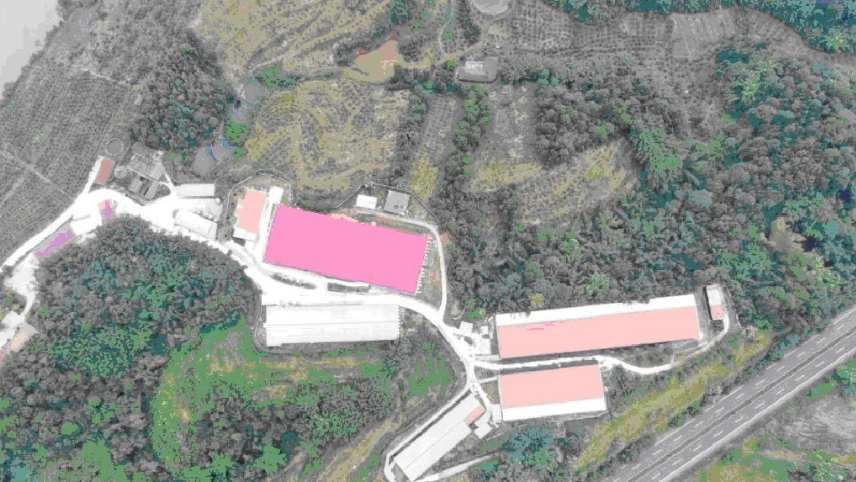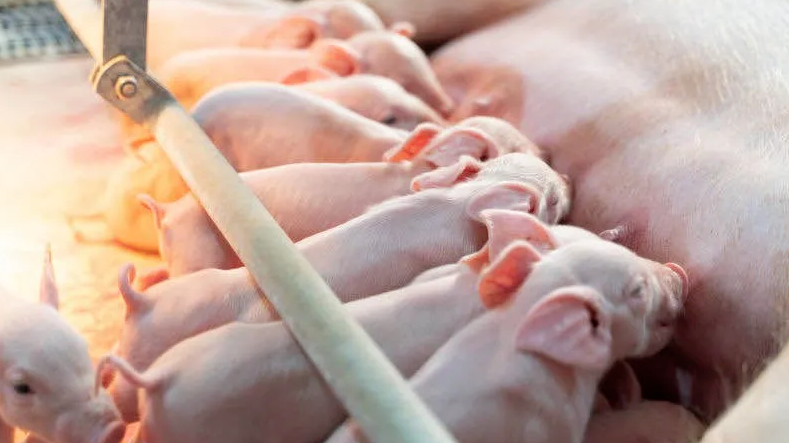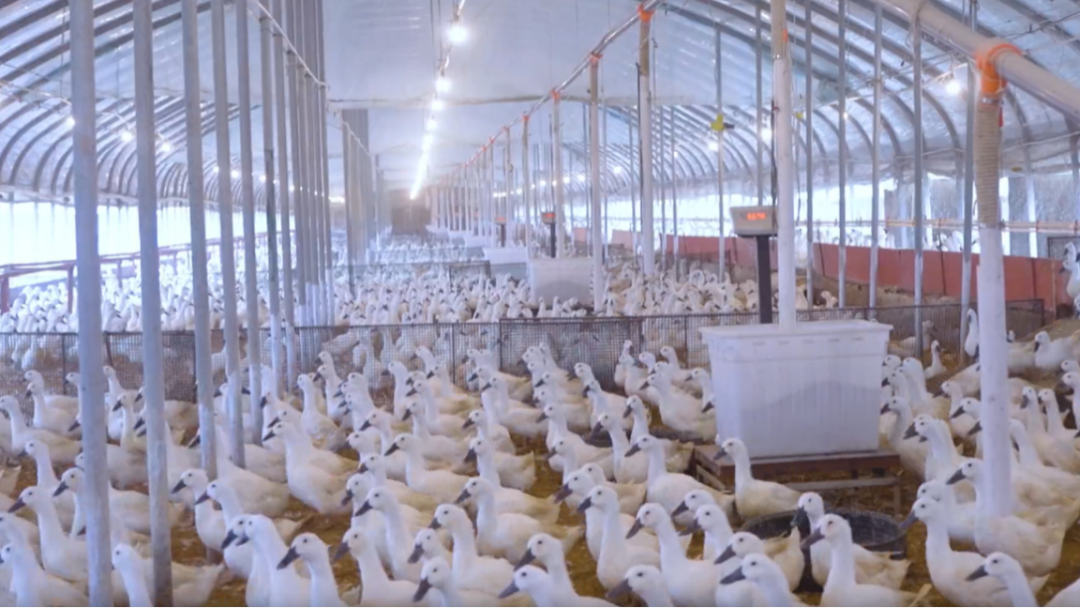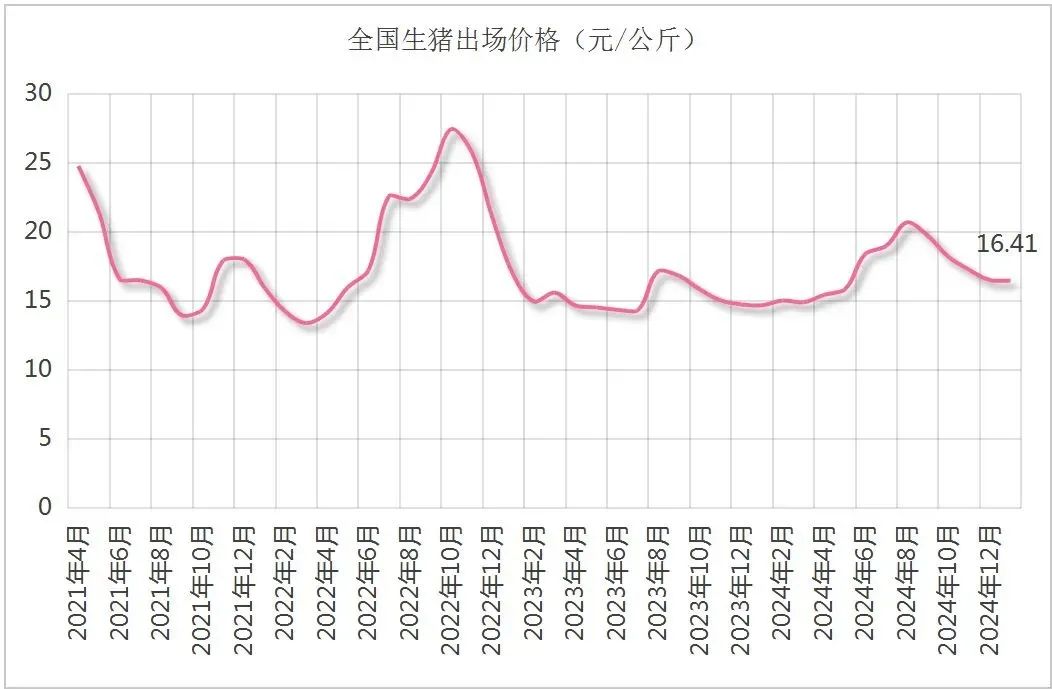China’s Ministry of Agriculture and Rural Affairs has removed six prominent pig breeding operations from the national core breeding program due to failure to meet updated genetic standards. The move reflects stricter oversight and a continued push to enhance the quality and consistency of swine genetics across the country.
In a significant regulatory move, China’s Ministry of Agriculture and Rural Affairs (MARA) has removed six prominent operations from its national list of core swine breeding farms/stations. The decision, which includes the disqualification of five national core swine breeding farms and one national core boar station, highlights a tightening of genetic standards within the country’s pig industry.
The delisting, announced in MARA’s 2024 re-verification update, includes major players such as Juxing Agriculture & Livestock in Sichuan and Shandong-based Aonong Bio’s boar stud. The move has sent ripples through both industry circles and the investment community.
Farms and Station Removed from Core Registry
Among those removed from the national core pig breeding list are:
Zhongdao Farming Co., Ltd. – Hebei
Sangzihu Breeding Base, Dawu site of Zhengjia Genetics Co., Ltd. – Hubei
Miluo Branch, Jiahe Agriculture – Hunan
Qianwei Juxing Agriculture & Livestock Technology Co., Ltd. – Sichuan
Southwest Tianyou Livestock Technology Co., Ltd. – Yunnan
All five were known for their work with Large White (Yorkshire) pigs, a dominant breed in China’s lean-meat production systems.

In addition, Shandong Aonong Pig Breeding Co., Ltd. lost its status as a national core boar station. The stud had been home to Duroc, Landrace, and Large White boars—critical for disseminating elite genetics across regional networks.
Strategic Shifts and Speculation
The removal of Juxing Agriculture’s Qianwei site is particularly striking, as the facility passed the on-site verification as a national core breeding farm in December 2021 after relocating from Dujiangyan as part of a regional optimisation plan. No specific reasons were disclosed, fueling speculation about performance gaps or compliance shortfalls.
Aonong Bio’s removal reflects a strategic realignment, including a withdrawal from China’s northern markets.. The company recently announced a retreat from China’s northern markets, concentrating instead on its breeding operations in core provinces such as Fujian and Jiangxi. Despite losing its boar stud status, Aonong still retains two national core breeding farms: Fujian Hake Ecological Agriculture and Taihe Aomu Breeding.
Such moves may reflect growing challenges in maintaining consistent quality and genetic performance across broad geographies, as well as renewed focus on operational efficiency.
Two New Additions to the Core List
Counterbalancing the removals, MARA approved two new Large White breeding farms for the 2024 core list:
Beijing Liuma Dahao Heshan Agri-Tech Co., Ltd.
Jiangxi Yulong Animal Husbandry Co., Ltd.
These additions are part of a broader push under China’s National Swine Genetic Improvement Plan (2021–2035).

The long-term roadmap foresees the expansion of the national core breeding system to 120 farms—20 of which will focus on local or cultivated breeds—as well as 30 core boar stations, each with a minimum capacity of 20,000 pigs.
At present, the country operates roughly 100 national core breeding farms and eight boar studs. These facilities are central to China’s efforts to elevate genetic quality, improve productivity, and reduce reliance on imported breeding stock.
AgriPost.CN – Your Second Brain in China’s Agri-food Industry, Empowering Global Collaborations in the Animal Protein Sector.




